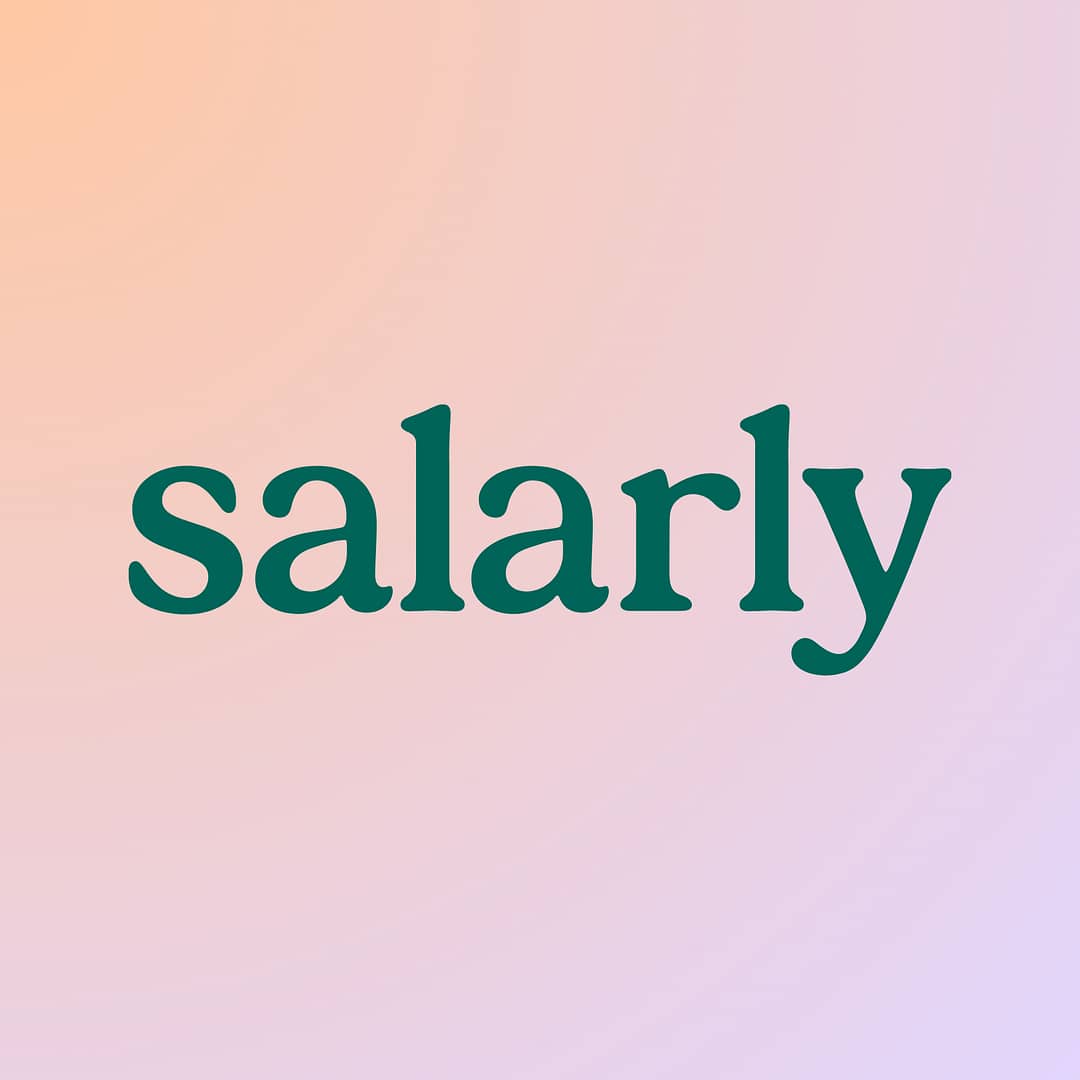Your credit score can impact everything—from getting approved for a loan to securing a new apartment or even landing a job. But how credit scores work isn’t always clear. Let’s break it down and show you how to take control of your financial health.
Whether you’re rebuilding your credit or just getting started, this guide is here to help you understand the basics and take steps to improve your score.
What Is a Credit Score?
Your credit score is a three-digit number that reflects how reliably you’ve paid back borrowed money. Lenders use it to decide if you’re a good candidate for loans, credit cards, or financing.
Most credit scores range from 300 to 850, and the higher your score, the better your financial profile looks.
How Credit Scores Work: The Breakdown
Understanding how credit scores work starts with knowing the five core factors used to calculate them:
- Payment History (35%)
- Have you paid your bills on time? Late or missed payments hurt your score.
- Amounts Owed (30%)
- This is your credit utilization—how much of your available credit you’re using. Experts suggest keeping it under 30%.
- Length of Credit History (15%)
- The longer your credit accounts have been active, the better.
- Credit Mix (10%)
- Having a mix of credit types (credit cards, student loans, car loans) can improve your score.
- New Credit Inquiries (10%)
- Each time you apply for credit, a hard inquiry is made. Too many can ding your score.
Why Your Credit Score Matters
Your credit score affects more than you might think:
- Loan and credit card approval
- Interest rates
- Rental applications
- Employment background checks
It can even impact your insurance premiums or utility deposits. Understanding how credit scores work gives you power—and options.
Simple Tips to Improve Your Credit Score
Improving your credit score doesn’t require a magic trick. Just steady, smart financial habits:
✅ Pay Bills On Time
Set reminders or use autopay to make sure you never miss a due date. Always have a savings for emergencies! Read how to build an emergency fund here.
✅ Lower Your Credit Utilization
Aim to use less than 30% of your available credit. If possible, make multiple payments throughout the month.
✅ Avoid Opening Too Many New Accounts
Each credit application adds a hard inquiry to your report. Apply wisely.
✅ Keep Older Accounts Open
Closing old cards can shorten your credit history—keep them open if possible (and fee-free).
✅ Check Your Credit Report Regularly
You’re entitled to a free credit report each year at AnnualCreditReport.com. Dispute any errors.
FAQs: Credit Score
How do I check my credit score for free?
You can check your credit score for free using tools from your bank, credit card provider, or credit monitoring services like Credit Karma. For your full report, visit AnnualCreditReport.com.
How long does it take to improve my credit score?
It depends on the issue. Small improvements (like lowering credit utilization) can boost your score within a few months. Major changes may take 6–12 months or longer.
What credit score do I need to qualify for a Salarly loan?
We don’t have a set minimum score for loans under $3,000. We consider your employment, income, and payroll verification instead—check your eligibility here!











